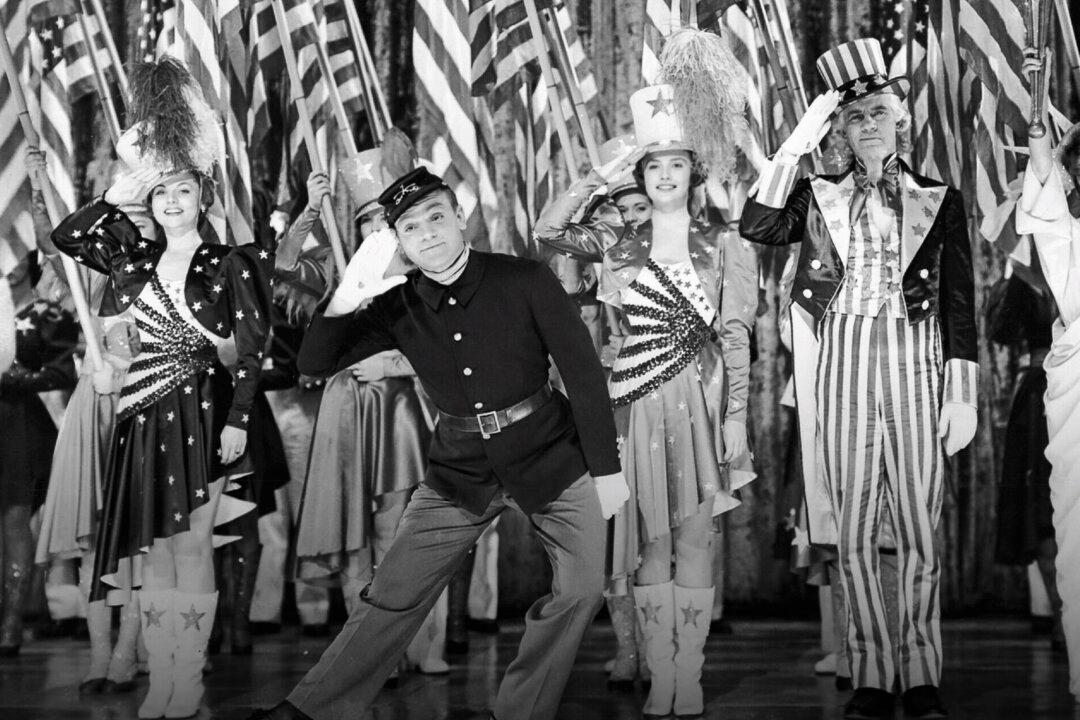Other than those intimate with the history of American theater, most of us today don’t remember George M. Cohan (1878–1942) for his many achievements and honors.
Known as “The Man Who Owned Broadway,” Cohan wrote more than 300 songs and brought over 50 musicals and plays to the stage during his lifetime. In 1940, President Franklin Roosevelt awarded him a Congressional Gold Medal for the morale boost his songs had given the nation and its soldiers during World War I. Cohan literally spent his entire life in theater, from appearing as a baby in his parents’ vaudeville act to playing the role of the father in the 1933 production of Eugene O’Neill’s play “Ah, Wilderness!”






